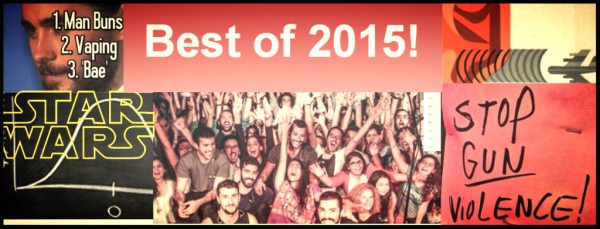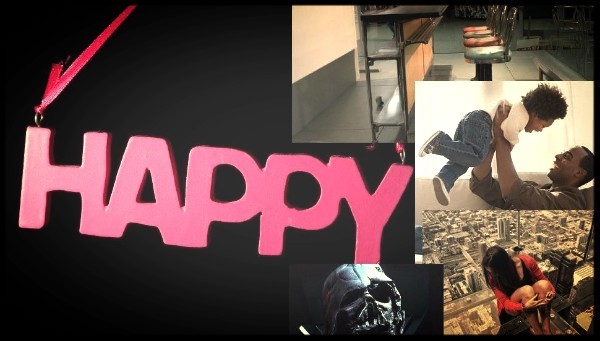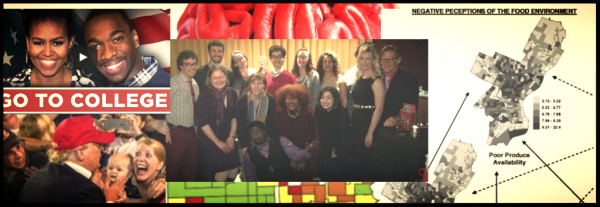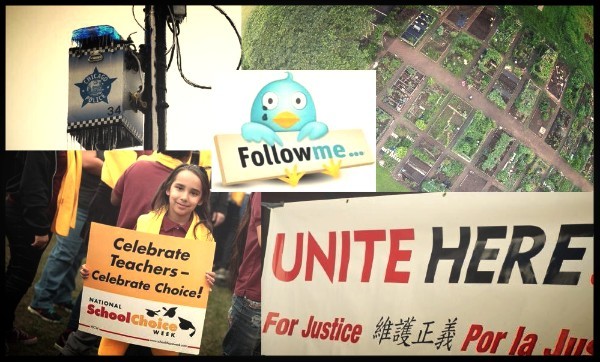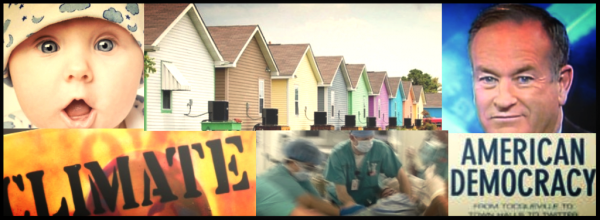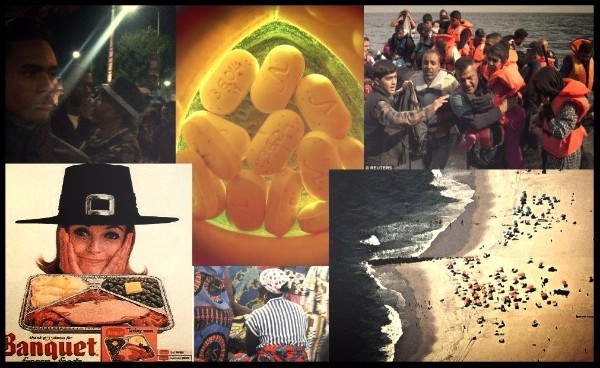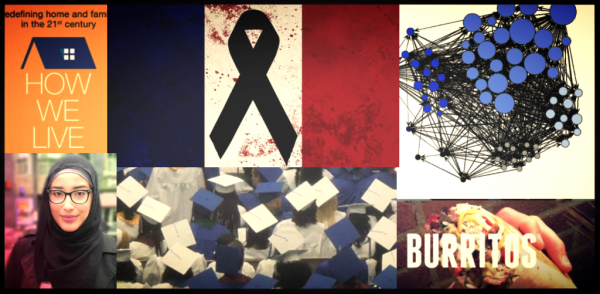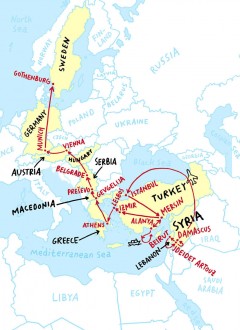
Hello again everyone! This week we have a roundup of both classic older pieces and some great new ones. See below for sociological insights into everything from lottery tickets, to MLK day, to racial diversity on TV.
Clippings:
“Remembering Martin Luther King Jr.” by Hollie Nyseth Brehm. On Monday, Americans will celebrate the life of MLK, Jr., but this classic Clipping explains how the ways MLK is remembered and celebrated are often contested.
Discoveries:
“Talking Trash: High-Status Explanations for Watching Low-Brow TV,” by Sarah Catherine Billups. It’s awards season, meaning that many of us are reflecting on the movies and TV shows, both good and bad, we watched over the last year. This piece from last year might help you defend some of your choices…
There’s Research on That!:
“Back in Living Color? Diversity on TV,” by Stephen Suh. Awards season also all too often reveals the underlying racial and gender dynamics that play out in the entertainment industry. Check out this great piece for research on racial diversity in American television.
From Our Partners:
Contexts:
“Before You Buy Your Lottery Ticket, Consider This,” by Kasey Henricks.
“Who Thinks Sex with Same-Sex Partners is ‘Wrong’?” by Jessie Ford and Paula England.
“Suicide’s Gender Divide,” by Lucia Lykke.
Also, check out Context’s first “Ask a Sociologist,” with Jennifer Lee.
Scholars Strategy Network:
“How to Break America’s Logjam on Guns and Gun Violence,” by Philip J. Cook and Kristin Goss.
And a Few from our Community Pages:
- Feminist Reflections reflects on women’s graffiti and men’s grooming.
- Sociological Lens reviews Not Gay: Sex Between Straight White Men.
- Cyborgology talks robocalls, algorithmic writing, and the radical promise of the rustbelt.

